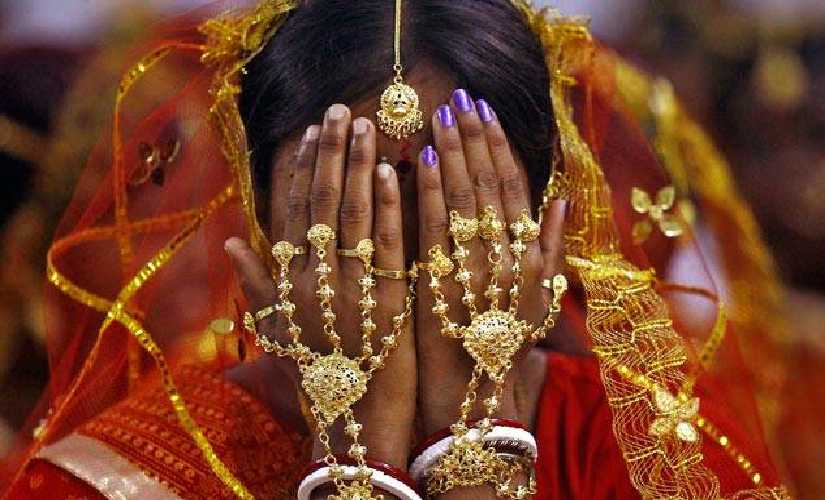- About
- Topics
- Picks
- Audio
- Story
- In-Depth
- Opinion
- News
- Donate
- Signup for our newsletterOur Editors' Best Picks.Send
Read, Debate: Engage.
| topic: | Women's rights |
|---|---|
| located: | India |
| editor: | Hanan Zaffar |
In a critical stride towards gender equality, the lower house of India's Parliament almost unanimously approved the women's reservation Bill on 20 September, supporting a constitutional amendment to reserve one-third of seats for women in the Lok Sabha and State Assemblies.
Approved under the leadership of Prime Minister Narendra Modi's Bharatiya Janata Party (BJP), the Bill needs the President's approval before being enacted as a law. Once implemented, it will remain in place for 15 years but could be extended by the Parliament.
Some opposing voices to the Bill demanded some seats be reserved for women from Other Backward Classes (OBCs), which include disadvantaged castes not covered by the officially designated groups of Scheduled Castes and Scheduled Tribes and Muslims, and called on the government to carry out a caste survey in the next census. Their demands were dismissed.
Despite India having a woman Prime Minister and two female Presidents since its independence in 1947, women have been largely underrepresented in the country's political sphere, with only 104 of 788 MPs - approximately 15% - female in the last national election.
A 2015 Ministry of Women and Child Development report on the Status of Women in India underscored the dire need for enhanced female representation, especially in critical decision-making roles within parliament and state assemblies. Global gender disparity rankings placed India at 127 out of 146 countries in the World Economic Forum's 2023 Global Gender Gap Report.
In 1993, the Indian Parliament amended the constitution to reserve 33% of seats for women in village councils and municipal corporations in urban areas. Three years later, another bill proposed reserving seats for women MPs in the parliament and state assemblies and was met with fierce opposition from BJP MPs.
Following an eight-hour parliamentary debate, the Bill had many takers this time, with BJP and the leading opposition National Congress party claiming credit for its success.
Political scientists believe the new Bill will allow political parties to be more gender inclusive and appoint more women to leadership positions.
Some people doubt the Bill's success in the near future because specific processes need to happen before it can take effect, which could take up to a decade. Among them are conducting a census, which has already experienced two years of delays, and redrawing India's electoral boundaries, essentially a Constitutional mandate called Delimitation, to fix the uneven number of electoral seats and voters at various constituencies.
But these are drawn-out processes; the last delimitation panel took five years to give its final report, and counting 1.4 billion people could easily take a couple of years to conclude.
Because India has witnessed a surge in poll engagement over the last two decades, the country's Opposition sees the new Bill as BJP's 'political move' to secure support from women voters for the upcoming general elections, expected to take place in May 2024.
Photo by Loren Joseph.

